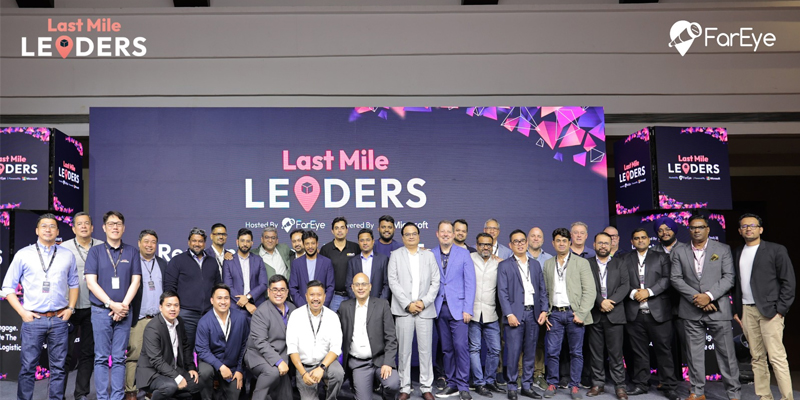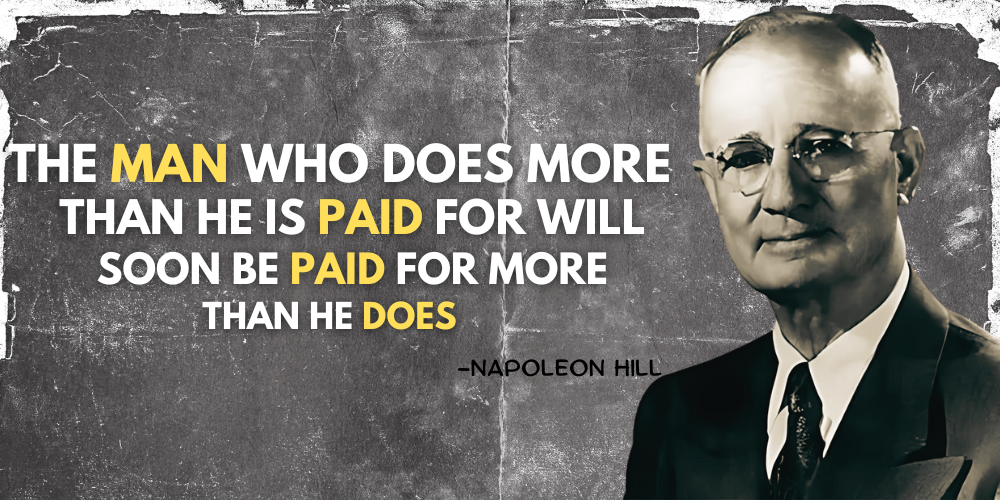Understanding Trademark through Movie Titles
Sunday November 30, 2008 , 6 min Read
These days the media has become so powerful that it has reached everywhere we go, one can say “wherever you go the media follows”. I was once traveling by BEST bus and there was a television inside the bus showing advertisements of different brands and advertisement of new released movies. That really entertains us while traveling. One day I saw an advertisement of the movie “Thoda Pyaar Thoda Magic”, Rani Mukherjee and Saif Ali khan starring movie under the Yash Raj banner. After some
days I again saw the advertisement of the same movie whereby I saw Jackie Shroff in lead role. It was quite a surprise for me then after keeping a track on the release of the movie and watching different channels at home it came to my knowledge that there is another movie with the title “Thodi Life Thoda Magic”. The deceptively similar movie title made me to believe for some time that both the advertisements which I saw once in the bus were of the same movie. These deceptively similar titles again gave rise to the debate that whether such deceptively similar titles can trigger any legal provision or to any legal battle. I used the word “again” in the above statement the reason behind that our judicial system has faced many such issues before.
Before going into the core issue let me first explain how a legal battle can be triggered. Movies are a mode of entertainment and the makers of the movie provide us the movie, or in a simplified language they provide us service in the form of movie to entertain us. Therefore they trade by making movies and the trade is carried out in the name of the movie which is released. Therefore the movie title prima facie act as a trade name or a trade mark. We all know that there are several copyright exists in movies viz. copyright in literary work, musical work, cinematography etc. Trademark in movie title is not a very old concept but it’s a very recent one. May be I can explain this with a very popular event recently happened which affected the movie industry, was whether movie titles can be registered as trademarks. The controversy started off when Ram Gopal Verma decided to remake Sholay (Ramesh Sippy’s old movie) and to retain the same name for the new movie. The Delhi High Court was until recently dealing with the dispute. It did not decide upon the matter as a compromise was reached by which Ram Gopal Verma agreed to change the name of his movie to Aag.
However, very few are aware of the fact that even before this controversy; two such similar disputes were decided by the Delhi High Court. These are –
Biswaroop Roy Choudhary v. Karan Johar
In this case, Biswaroop Roy Choudhary had applied for registration of the trademark or title Kabhe Alvida Naa Kehna under Class 41 of the Trademarks Act, 1999 for movies. The application for registration had been published. The movie’s mahoorat had also taken place. 40% of the shooting of the movie had also been done. Karan Johar later used the name for his movie and produced it. Hence Biswaroop Roy Choudhary brought an action of infringement against Karan Johar. The High Court has held that movie title can be registered as trademarks provided they have achieved a secondary meaning. Yet, due to delay in filing the suit, the Delhi High Court decided in favour of Karan Johar. The Hon’ble Court also considered the argument of Karan Johar that for the release of the movie he has spent a lot of money and the movie is well known as a movie produced by Karan Johar and therefore changing the name of the movie will be detrimental to him and will not be commercially viable.
In an another similar battle started when the most talked about movie starring Amitabh Bachan and Zia khan was released. The title of the movie was Nishabd and was made under the banner of Ram Gopal Verma, one of the most successful producer and director in the Industry. This issue was also handled by the Delhi High Court.
Kanungo Media Pvt. Ltd. v. RGV Film Factory
The Kanungo Media Pvt. Ltd. had produced a movie named “Nishabd” and had won many awards for the same. The movie was in Bengali language. It could though for financial reasons the movie could not be released commercially. Ram Gopal Verma produced a movie with same name “Nishabd” in Hindi. Hence, an action was brought against Ram Gopal Verma. The Delhi High Court held that the movie “Nishabd” made by Kanungo Media Pvt. Ltd. was not commercially released and hence was not popular among the public. Hence the word “Nishabd” had failed to achieve secondary meaning. Upholding the judgment in the case of Biswaroop Roy Choudhary, the High Court held that trademark for movie titles can be registered or protected only if they have achieved secondary meaning. The court, therefore, decided in favor of RGV Film Factory
Both the judgments were criticized on the point that, “they defeat the basic purpose of Trademarks. Trademarks Act states that for trademark to be protected it should have distinctive character. Moreover, generic terms cannot be protected as trademarks. Movie names usually consist of generic terms and phrases. Hence, such movie names cannot be protected as trademarks. Only those movie names which have a distinctive character and which do not contain generic terms can be registered.”
Literary and movie title are usually unprotectable. The title of a book or movie is generally not protectable as a trademark unless the book or movie is part of a series or unless secondary meaning can be proven. For example, the title of the book “50 Simple Things You Can Do to Save the Earth” is protectable as a trademark because the book had extensive sales (over a million copies) and the author has published other “50 Simple Things” books (50 Simple Things Kids can do to save the earth, 50 Simple Things You can do to save your life.) Most blockbuster film titles qualify for protection because extensive advertising and viewer-ship can easily demonstrate secondary meaning. Similarly, the titles of TV shows (such as “Bewitched” or “Friends”) are protectable because they are series.
Therefore in my opinion the aforesaid judgments gave a new dimension to the debate and also liberalized the interpretation of the Trademarks Act, 1999. This is a very good example that the judiciary is equipped to deal with such issues and to provide appropriate solution to the issues. We cannot ignore the amount of reputation and money attached to such titles which are also a form of INTELLECTUAL PROPERTY.










